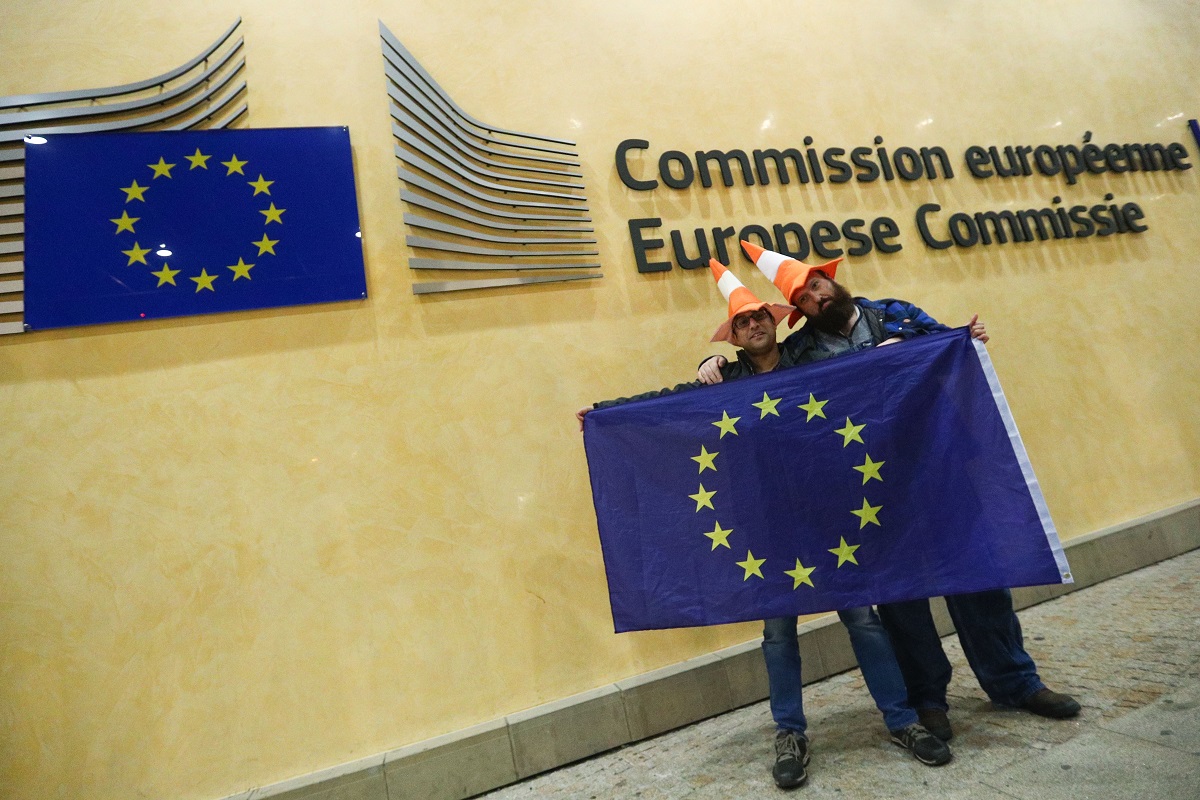The Council of the European Union (EU) on Tuesday authorised the EU’s opening of negotiations with the United Kingdom, publishing negotiations directives which constitute a mandate to the European Commission, paving the way for potentially difficult talks after Brexit.
The EU said it wishes to establish an ambitious, wide-ranging and balanced economic partnership with the UK, but the two sides need to iron out many details, Xinhua news agency reported.
Advertisement
There are talks in London about a so-called Canada-style trade agreement with zero tariffs.
Earlier on Tuesday, EU chief negotiator Michel Barnier warned that “The UK will be the EU’s third largest trading partner, almost 10 times bigger than Canada. At the same time Canada is some 5,000 km away. It’s clear that the rules cannot be the same.”
At the heart of the tough negotiations ahead is how closely the UK would like to align itself with the world’s largest trading bloc.
Earlier in the month, a day after the UK’s exit from the European Union (EU) after 47 years of membership, tens of thousands of pro-Europe protesters took to the streets on Saturday in the Scottish capital of Edinburgh, marching against it.
In the June 2016 referendum, 62 per cent of the people in Scotland voted to remain.
Earlier, the vote was preceded by an emotional debate of the Members of the European Parliament, who bid farewell — sometimes with words of love and warmth — to Britain’s 41-year stay in the world’s largest trading bloc.
Brexit was originally scheduled for March 29, 2019, but was repeatedly delayed when MPs rejected a previous withdrawal agreement reached by the EU and former Prime Minister Theresa May.
Johnson was able to get his own deal through Parliament after winning the December 12, 2019, general election with a House of Commons majority of 80, on a pledge to “get Brexit done”.
The UK has an option to extend the transition but Johnson refuses to, and intends to enshrine the 2020 date in legislation, PM Johnson’s office said.
Johnson was re-elected Prime Minister following his landslide victory in the December 12 general election, deemed as one the UK’s most decisive and crucial.











